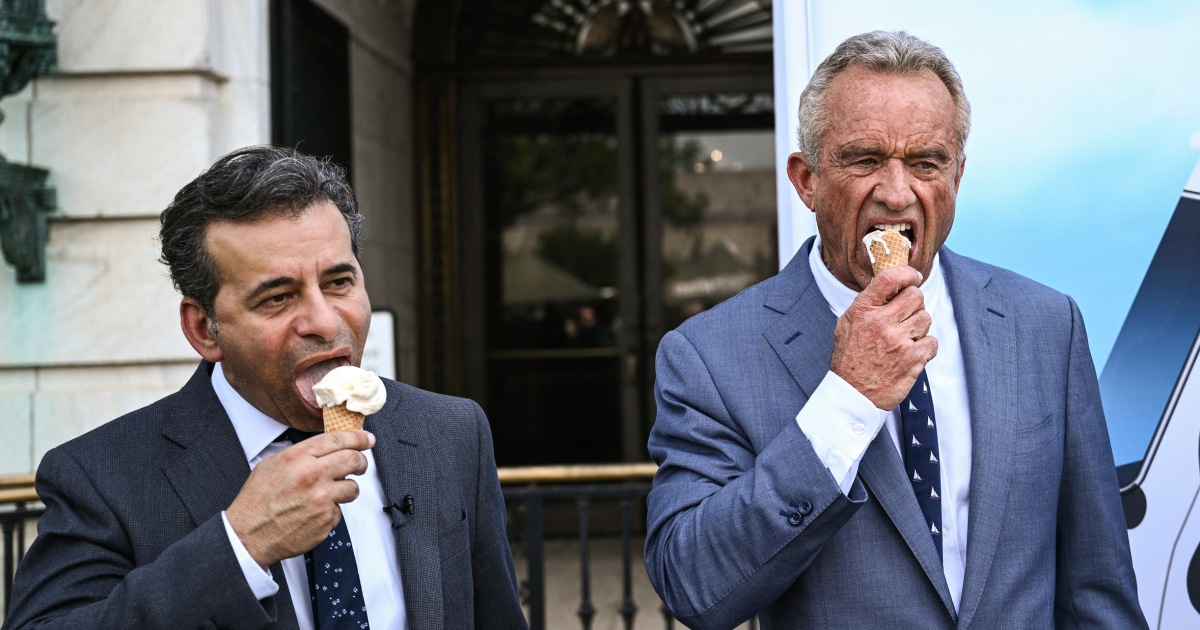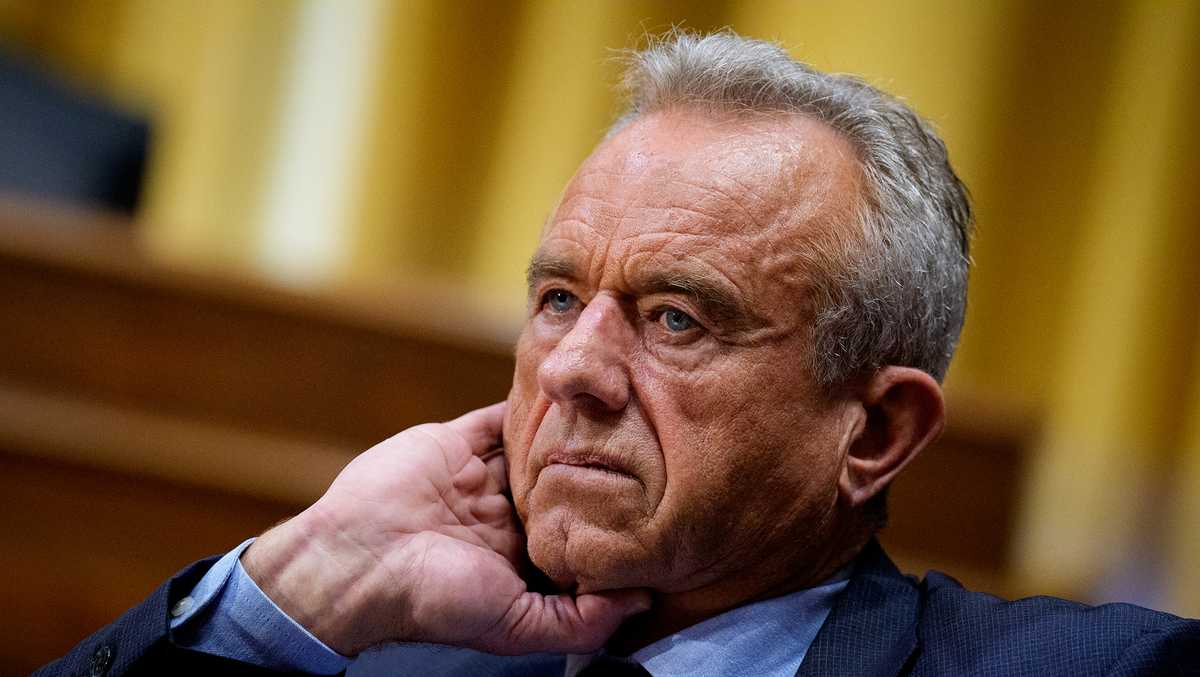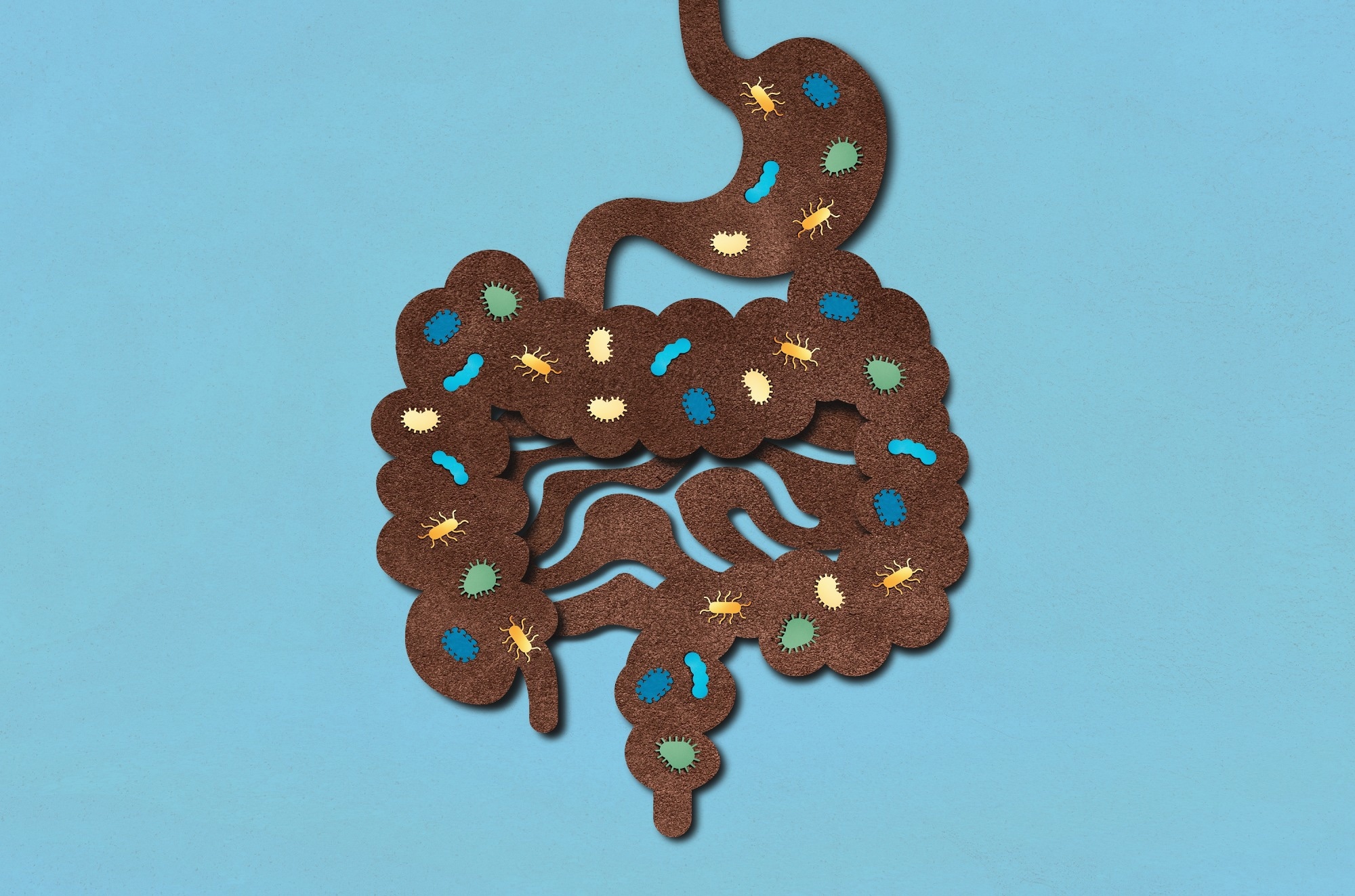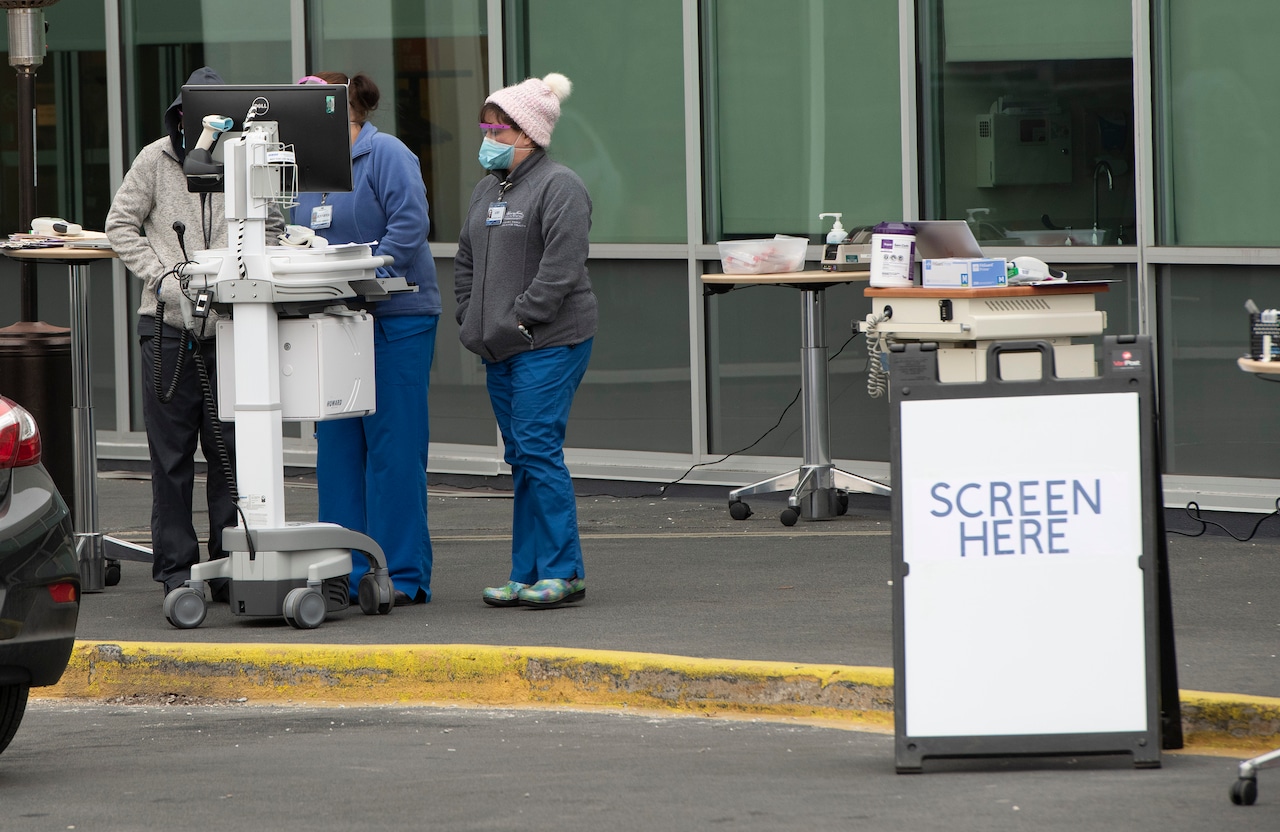Health Roadmap or Wishlist? Kennedy's MAHA Report Promises Child Wellness Breakthrough

Robert F. Kennedy Jr.'s latest "Make America Healthy Again" report falls short of expectations, offering little new insight and potentially disappointing his most ardent supporters. The second installment of the comprehensive health policy document appears to rehash familiar territory, failing to deliver the groundbreaking proposals many had anticipated.
While Kennedy's supporters had hoped for bold, transformative recommendations, the report seems to tread carefully, presenting arguments that echo previous discussions rather than introducing innovative solutions. The document's cautious approach may leave some followers feeling underwhelmed and questioning the campaign's ability to drive meaningful healthcare reform.
Despite the report's limitations, it continues to highlight Kennedy's ongoing commitment to addressing critical health challenges facing the nation. However, the lack of substantial new proposals suggests that the campaign may need to recalibrate its strategy to maintain momentum and credibility among health policy enthusiasts.








